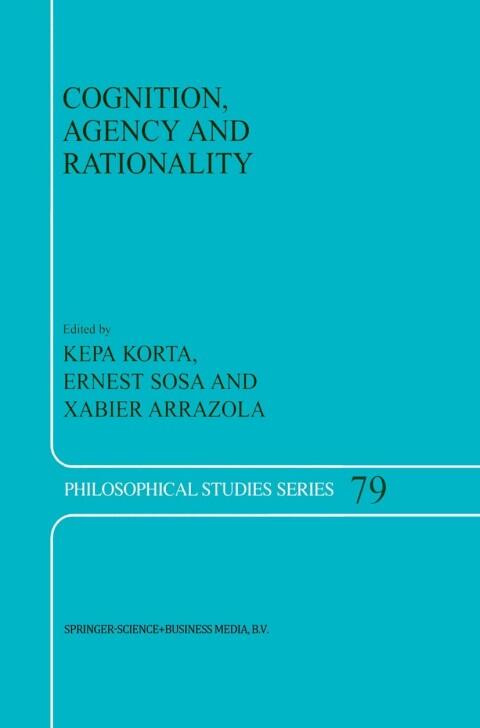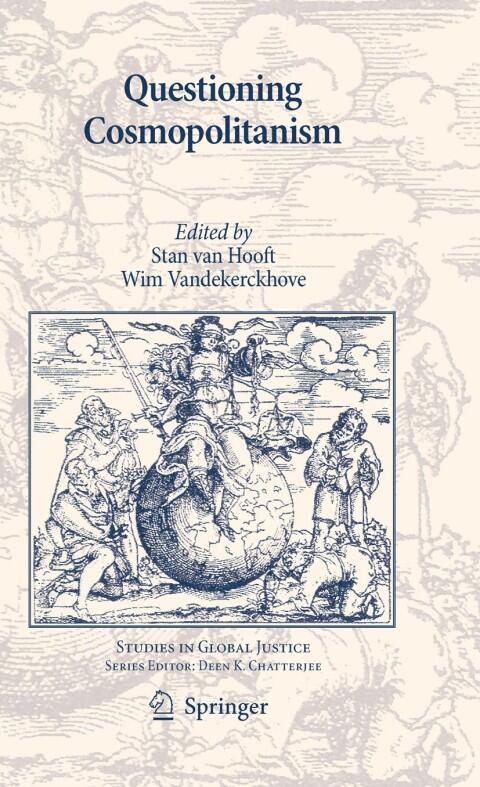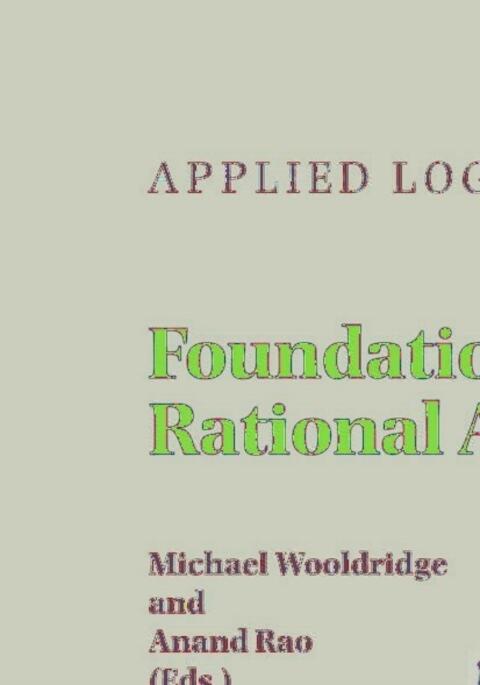
Epistemology and Psychology of Functions
door
Jean Piaget
Nog geen beoordelingen
Young Adult
Children’s
Science & Technology
+3
more
Formaat
Kindle
Pagina's
268
Taal
Engels
Gepubliceerd
Jan 1, 2012
Uitgever
Springer
Editie
1977
ISBN-10
9027708045
ISBN-13
9789027708045
Beschrijving
This exploration delves into the intricate relationship between epistemology and psychology, focusing on the functioning of human cognition. The authors intricately weave together the foundations of psychological processes with epistemological principles, creating a rich tapestry that examines how knowledge and understanding are structured and developed in the mind.
Readers will find engaging discussions surrounding the concept of functions and the significance they hold in forming equivalence classes within cognitive development. The work draws upon Piaget's pioneering theories, presenting ideas that bridge the gap between abstract reasoning and concrete understanding. Each chapter builds upon the last, leading to a comprehensive understanding of how individuals perceive and interpret their experiences.
By highlighting the systematic regularities underpinning cognitive functions, this book invites readers to reflect on their own mental processes. It serves not only as an academic resource but also as a profound guide for anyone interested in the depths of human thought and the mechanisms that drive learning and knowledge acquisition.
Readers will find engaging discussions surrounding the concept of functions and the significance they hold in forming equivalence classes within cognitive development. The work draws upon Piaget's pioneering theories, presenting ideas that bridge the gap between abstract reasoning and concrete understanding. Each chapter builds upon the last, leading to a comprehensive understanding of how individuals perceive and interpret their experiences.
By highlighting the systematic regularities underpinning cognitive functions, this book invites readers to reflect on their own mental processes. It serves not only as an academic resource but also as a profound guide for anyone interested in the depths of human thought and the mechanisms that drive learning and knowledge acquisition.
Recensies
Nog geen beoordelingen
Wees de eerste om dit boek te recenseren en deel je gedachten
Voeg Eerste Recensie ToeLeeslogboek
Geen leeslogboeken gevonden
Begin met het volgen van je leesvoortgang om logboeken hier te zien
Voeg je eerste leeslogboek toeNotities
Geen notities gevonden
Begin met het toevoegen van notities om ze hier te zien
Voeg je eerste notitie toeTransactielogboek
Geen transactielogboeken gevonden
Begin met het volgen van je boektransacties om logboeken hier te zien
Voeg je eerste transactielogboek toe

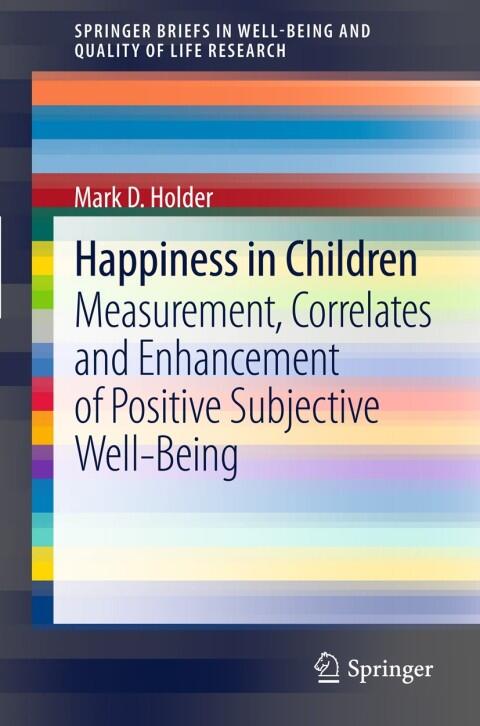





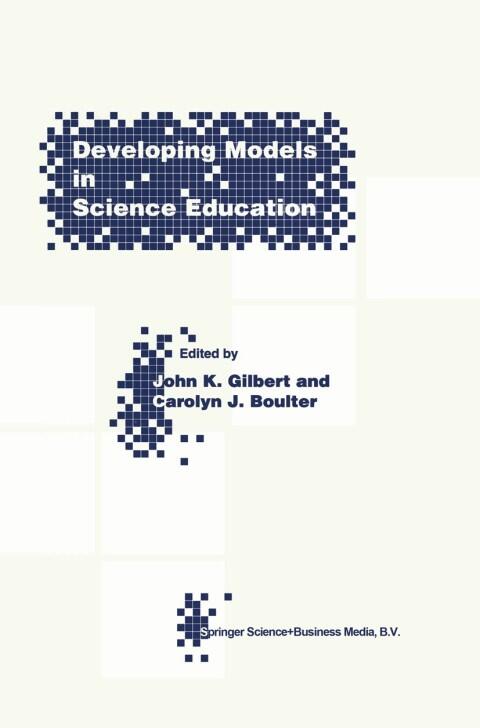

![[Ethical Principles and Economic Transformation - A Buddhist Approach (Issues in Business Ethics)] [Author: x] [May, 2011]](https://images.bookpine.com/bd815e9c-ead9-4e64-bfb5-aea659b2460b.jpg)
